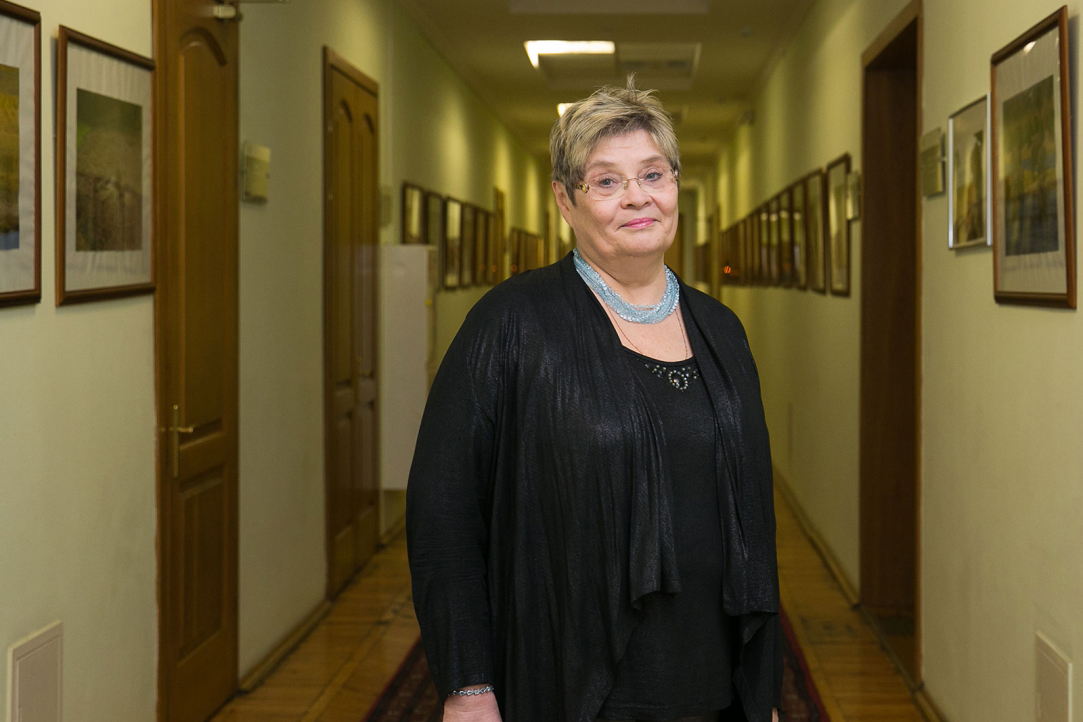Window into the Brain: HSE Researchers Are Developing a New Generation of MEG Devices
In collaboration with scientists from the Ioffe Institute, HSE researchers have developed an ultra-sensitive atomic magnetometric scheme with a sensitivity of 5 fTl×Hz-1/2, setting a performance record for sensors operating in the Earth's magnetic field. The scheme will be used to design a multichannel atomic magnetoencephalograph, expected to be the most accurate and compact device available today for non-invasive measurement of the brain's electrical activity.

HSE and JSC Glonass Sign Cooperation Agreement
JSC Glonass and the HSE Tikhonov Moscow Institute of Electronics and Mathematics (MIEM HSE) have signed an agreement to work together in the field of satellite navigation technology in order to create services that foster the socioeconomic development of Russia and its regions.
Thin Films Can Enhance Vorticity in the Ocean
Scientists from the Higher School of Economics and the Landau Institute for Theoretical Physics of Russian Academy of Sciences have investigated how vortex flows penetrate the interior of a liquid. The authors of the article have shown that specific (thin liquid and insoluble) films on the surface of water enhance eddy currents. These currents are produced by the interacting surface waves directed at an angle to each other.
Scientists Uncover New Facts Concerning Working Memory in Children
Researchers from the Higher School of Economics conducted a meta-analysis by compiling data across 17 neuroimaging studies on working memory in children.The data obtained shows concordance in frontoparietal regions recognized for their role in working memory as well as regions not typically highlighted as part of the working memory network, such as the insula.

HSE and Joint Institute for Nuclear Research Sign Cooperation Agreement
The HSE Faculty of Physics and the Joint Institute for Nuclear Research (JINR) have reached an agreement on a joint partnership. From the beginning of the next academic year, students from the faculty will be able to carry out internships at the institute’s various research laboratories.
Russian Psychometrics at an International Level
Dmitry Abbakumov is the first researcher from a Russian university to present their work at the Psychometric Society conference, founded in 1935. He told the HSE new service about his study of online learning and why Russia has not played a major role on the international psychometrics scene – until now.
Researchers Use Nanotechnology to Improve the Accuracy of Measuring Devices
Scientists from Higher School of Economics and the Federal Scientific Research Centre ‘Crystallography and Photonics’ have synthesized multi-layered nanowires in order to study their magnetoresistance properties. Improving this effect will allow scientists to increase the accuracy of indicators of various measuring instruments, such as compasses and radiation monitors.
Innate Stress: Researchers Find Link Between Genes and Subjective Well-Being
In the recently published article ‘Association of MAOA-uVNTR Polymorphism with Subjective Well-Being in Men,’ a team of researchers was able to statistically monitor the impact of the monoamine oxidase A gene (MAOA) on the subjective evaluation of well-being among men. This work became the latest step towards an understanding of how genes can affect social phenomena.

Irina Abankina: 'The Institute of Education Has Managed to Do a Lot in Recent Years'
Irina Abankina, Director of the HSE Institute of Education, Tenured Professor and Member of the HSE Academic Council, spoke about her life in academia and work at HSE, for the project ‘Research at HSE: For School and for Life’.

HSE Creates Institute of Ecology
The new institute will be engaged in research and educational activities and will provide expert and analytical support for state projects in the field of environmental safety, as well as for projects outlined by Russia's federal policy in the Arctic.


Application deadline: June 23, 2025